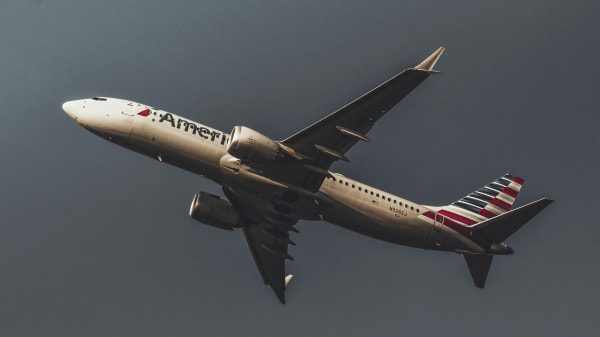Career Paths in Aviation Safety Inspection: Opening the Door to a Promising Future!
The aviation industry offers a plethora of exciting careers, each with its own set of challenging and rewarding experiences. Among such careers are the often-overlooked positions within Aviation Safety Inspection. These roles are vital for maintaining safety standards, ensuring that every flight undertaken is as safe as possible for everyone involved.
Aviation Safety Inspection Careers are involved in highly technical duties connected with regular inspection of aircraft systems, air traffic control procedures, and pilot conduct. In this article, we will elaborate on the potential opportunities, responsibilities, qualifications, and prospective growth in this field. Our focus is to provide a comprehensive overview of Aviation Safety Inspection Careers.
Overview of Aviation Safety Inspection
Before we delve further into the specific career paths, let us first understand what Aviation Safety Inspection entails.
Aviation Safety Inspectors are tasked with ensuring the safety of our skies. They thoroughly inspect aircraft, evaluate maintenance procedures, assess the competence of ground staff, and certify air carriers. Their roles can be broadly divided into two categories:
Airworthiness Inspectors: They scrutinize aircraft maintenance, repair protocols, and check the airworthiness of aircraft.
Operations Inspectors: They primarily ensure the adequacy of flight crews, their training standards, and flight operations' overall safety.
Soaring Career Paths in Aviation Safety Inspection
Various specialized roles exist within aviation safety inspection, each with specific responsibilities. Here are some key roles:
Aviation Safety Inspector (Air Carrier Maintenance):
They analyze and appraise the carrier's procedures for maintaining aircraft, ensuring they comply with federal regulations.Aviation Safety Inspector (General Aviation Maintenance):
They perform a similar function as above, but primarily related to non-scheduled aviation operations.Aviation Safety Inspector (Air Carrier Operations):
They assess and certify the airline's pilot training and qualification procedures, supervise the carrier's operations, and ensure compliance with regulations.Aviation Safety Inspector (General Aviation Operations):
They perform a similar role as above, but specifically for general aviation operators.Aviation Safety Inspector (Manufacturing) :
Their primary task is to ensure that aircraft manufacturers comply with safety standards and regulations during aircraft design and production.
These are just a few examples of the many specific roles within Aviation Safety Inspection.
Qualifications and Skill Set
To pursue a career in Aviation Safety Inspection, you will require not just a love for aviation, but also a blend of technical know-how, meticulous attention to detail, and sound judgment skills. Below are some necessary qualifications and skills:
- A broad background in aviation, either civil or military. Most inspectors have previous experience as pilots, aircraft mechanics, navigators, repairmen, or other aviation roles.
- A deep knowledge of aircraft systems and operations.
- An understanding of aviation safety practices and accident prevention.
- Familiarity with Federal Aviation Administration (FAA) regulations.
- Excellent communication, leadership, and decision-making abilities.
- A bachelor's degree in an aviation or related field can prove advantageous but is not always mandatory.
Career Growth and Opportunities
Aviation Safety Inspection poses an attractive career opportunity with competitive remuneration. According to the U.S. Bureau of Labor Statistics, the median annual wage for Aviation Inspectors as of May 2020 was $122,680.
Career progression in this field often involves starting as a junior inspector and advancing to senior inspector or investigator roles. Some even progress into managerial or executive positions within FAA or other aviation bodies.
This career also offers a chance to specialize further, perhaps into roles dealing with specific types of aircraft, such as helicopters or large passenger aircraft. It can also entail working in different environments, such as domestic, international, civilian, or military aviation safety inspection.
Wrapping Up
It goes without saying that the roles within the Aviation Safety Inspection field are highly specialized and demand a great deal of responsibility. However, along with these responsibilities come the rewards of playing a key role in maintaining aviation safety standards and a fulfilling career with abundant opportunities for growth.
If you are passionate about aviation, have an eye for detail, and are dedicated to ensuring that safety standards are up to the mark, pursuing an Aviation Safety Inspection career could be an excellent path for you. Sky's the limit!
In our increasingly interconnected world, air travel will continue to be an essential mode of transportation, making the roles of Aviation Safety Inspectors pivotal. So, fasten your seat belts and gear up for an exciting journey in the world of Aviation Safety Inspection careers.




